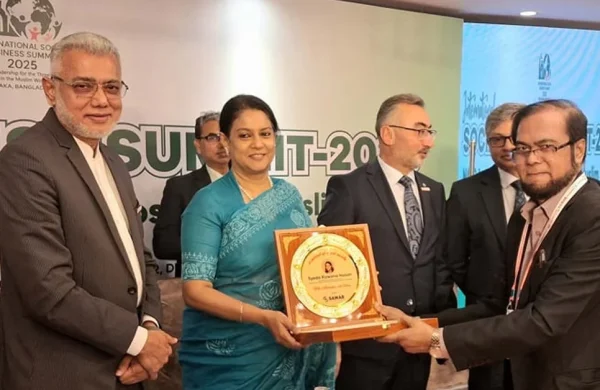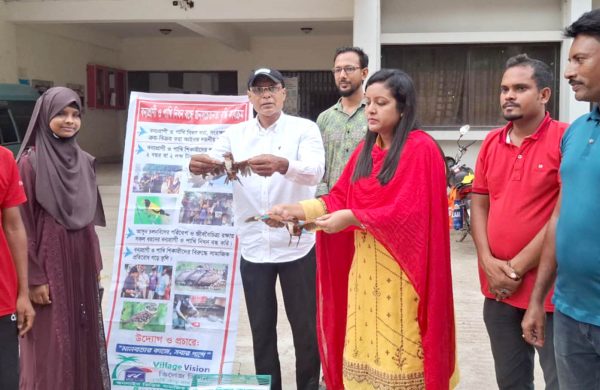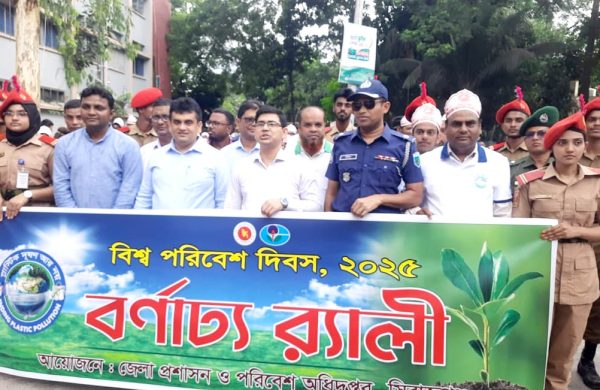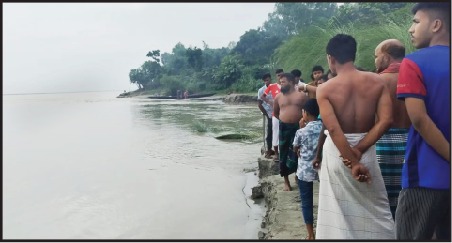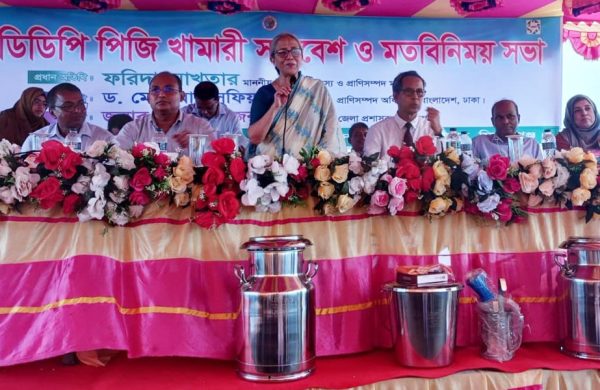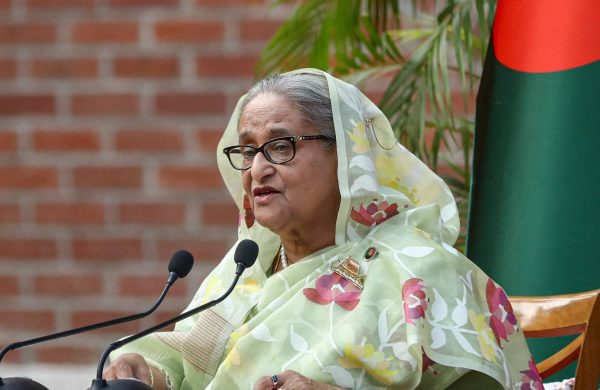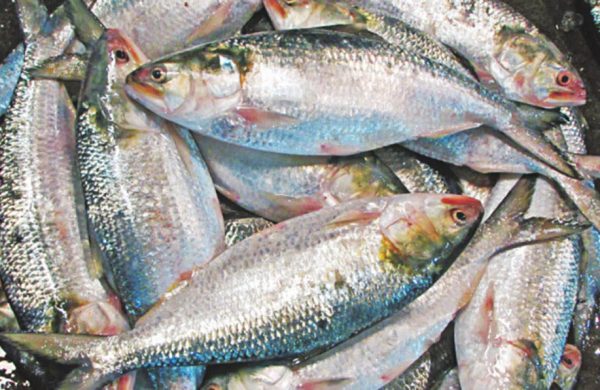Pollution rises, but number of cases drops
- Update Time : Monday, June 10, 2024

TDS DESK:
Pollution has been wreaking havoc throughout the country. However, the number of cases filed by the Department of Environment (DoE) at the Environment Court of Dhaka is negligible. At present, 115 environmental related cases are under trial in court.
Due to the decrease in environmental cases, this court has been kept active with civil and criminal cases. While currently there are only 115 environmental cases, there are 9,689 civil and criminal cases at the court.
Bangladesh is still at the bottom of the list of countries that have failed to prevent environmental pollution. According to the Environmental Performance Index (EPI) 2024, Bangladesh ranks fourth from the bottom with 23.10 points (177). The only countries with a worse position than Bangladesh are Vietnam (20.10), Myanmar (19.40) and India (18.90). This ranking is published by Yale University every year based on data from 58 performance indicators in 11 issues. In such a situation, World Environment Day was observed all over the world on June 5. This year’s theme of the day was ‘Will restore land, prevent desertification’.
Even in such a situation, cases before the Environment Court have been declining. Although the Environment Court Act was enacted in 2002, case proceedings began in 2003. In the first year, 17 cases were filed, 72 were filed in 2004, 23 in 2005, 37 in 2006, four in 2007, 97 in 2008, 82 in 2009, and 60 cases in 2010.
Besides, there were 33 cases in 2011, 24 in 2012, 9 in 2013, 9 in 2014, 11 in 2015, 4 in 2016, 5 in 2017, 19 in 2018, 3 in 2019, 29 in 2020, 19 in 2021, and 19 in 2022. And last year, 11 cases were filed.
According to the court registrar, a total of 587 cases have been registered in the last 21 years. Out of which 472 cases have been settled. Most of the accused have been convicted.
Of the 587 cases filed in the 21 years since 2003, only 161 cases were filed in the 12 years from 2012 to 2023. But 426 cases were filed in the nine years from 2003 to 2011. In other words, even though the environmental condition of Dhaka is getting worse day by day, the filing of cases is decreasing.
In the Environment Protection Act of 1995, only a person with special powers or the DoE had the right to file a case. However, it was changed in the 2010 amendment. As a result, any person or organization now can file a case. According to Section 7 of the Bangladesh Environment Protection Act, 1995 (Amended 2010), if any person’s actions cause damage to the environment, there is a provision to determine the amount of the damage and recover it from the person and organization involved. It is also popularly known as ‘Polluter’s Pay Principal’. Its wide application in environmental protection in developed countries is noticeable.
However, common people in the country do not have much idea about this law. That’s why people concerned think that there is no case under this law.
Azad Rahman, a lawyer for the state, said: “People have not yet become aware of environmental pollution. Due to these reasons, court cases are decreasing. Also, if someone pollutes, the Environment Department can pay a penalty directly. In this case, the matter does not reach the court.”
He also said: “The Environment Court Act has now been amended. Under the revised environmental law, affected individuals, groups, and people can directly file a case. Previously, only a person with special powers or the DoE could file a case.”
Assistant Public Prosecutor of the Environment Court Jane Alam said that although there are fewer cases in the courts, the DoE is clamping fines almost every day for environmental pollution, lack of environmental clearance, and the production and sale of polythene. “We don’t know exactly why the cases are decreasing. As soon as a case is filed in the environmental court, the state tries to finish the trial quickly. And those who are criminals are being discouraged from polluting the environment by bringing them under punishment.”
Md Rajib Hasan, a lawyer, handled a case on behalf of one accused in the Environmental Court. He said that the number of cases in this court is already low. Most of the cases that are filed result in imprisonment and fines. Courts discourage the accused from polluting the environment through punishment.
According to the 2010 amendment, a maximum penalty of Tk2 lakh or imprisonment for two years or both are handed down to persons for illegal production of polythene for the first time. For selling polythene, there is a maximum penalty of Tk50, 000 or imprisonment for a year or both.
If a person or organization commits the same offense for the second time, the penalty is minimum two years to maximum 10 years in jail and the fine starts from Tk2 lakh, going up to a maximum of Tk10 lakh.
On the other hand, for operating a factory without an environmental certificate, there is a provision of imprisonment from two years to five years or a fine of Tk1lakh to Tk5 lakh or both.
Besides, for environmental pollution there is a provision of fine from a minimum of Tk50,000 to a maximum of Tk2 lakh or minimum imprisonment of a year to two years or both.


